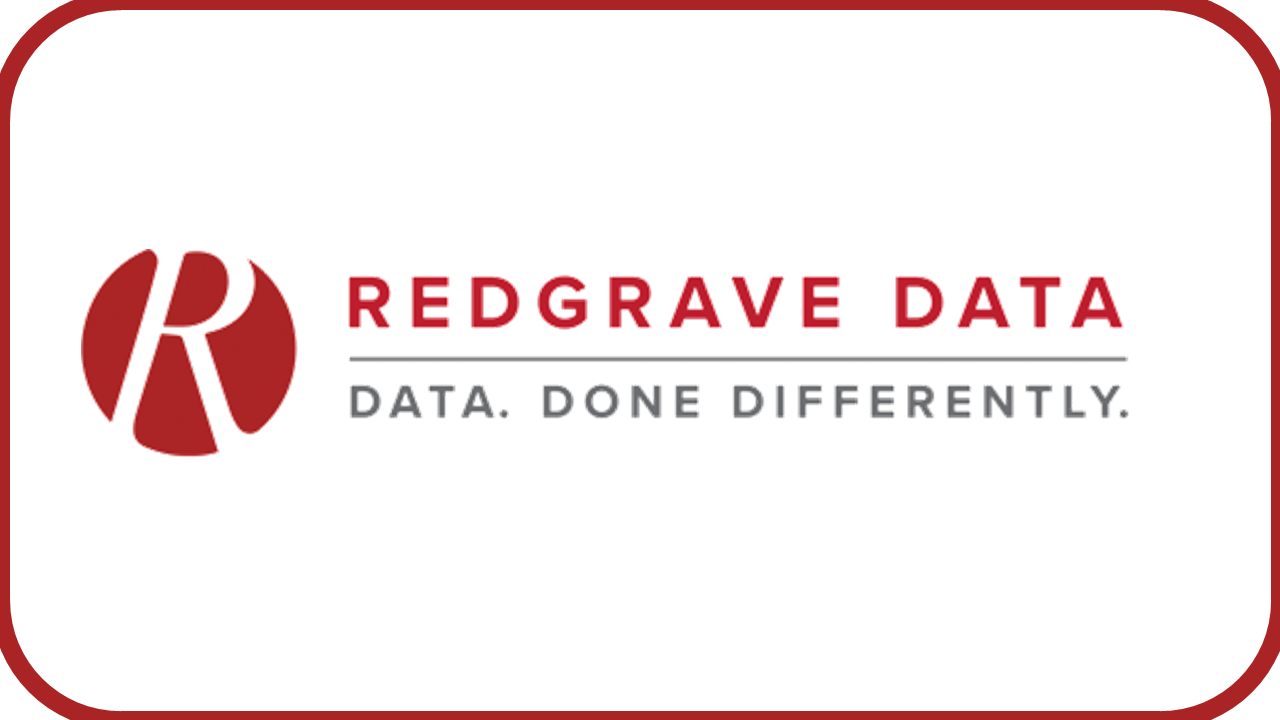To print this article, all you need is to be registered or login on Mondaq.com.
The National Advertising Division of BBB National Programs (NAD)
recommended last month that Stihl
Incorporated USA (Stihl), a manufacturer of equipment and tools,
discontinue or modify its unqualified “Made in America”
claims. Modified claims would need to make clear that “not all
(or virtually all) of its products are made in the United States
and that not all (or virtually all) of the parts of those products
are from the United States,” according to the
recommendations.
The Claims at Issue
NAD reviewed “Made in America” claims made on
Stihl’s website, social media, commercials, and print ads. In
addition to claiming “Made in America,” Stihl ran ads
stating, “It’s just three words. But they tell you
everything you need to know…Not everyone can say them. But we
can. MADE IN AMERICA.”
Importantly, Stihl’s advertising included a disclosure that
“a majority of Stihl’s products sold in America are made
in America of U.S. and global materials.” In the video
commercial, for example, the disclosure permanently occupied the
bottom of the screen.
Stihl’s advertisements were challenged by the Milwaukee
Electric Tool Corporation, which presented a survey of over 800
consumers to demonstrate that 35.7% of consumers took away the
message that “all or virtually all of the parts of Stihl’s
products were made in the United States.”
NAD’s Decision
NAD agreed that the survey was valid and demonstrated that
Stihl’s advertising conveyed an unqualified “Made in
America” line claim about Stihl’s products. Moreover, NAD
concluded that Stihl’s disclosure was ineffective because its
“Made in America” claims were too prominent.
Specifically, NAD determined that images Stihl used in its
advertising—waving American flags, equipment moving through
factories, consumers using tools, scenic locations across the
U.S.—distracted consumers from the small-print disclosure,
rendering it ineffective.
NAD also found that the challenged advertisements did not
promote a particular product and thus reasonably conveyed that all
or virtually all Stihl products are made in the U.S. NAD found that
Stihl provided no evidence that the significant parts and
processing of all its products occur in the U.S., or that all of
its products contain no foreign content. Accordingly, NAD
recommended that Stihl discontinue the unqualified “Made in
America” claims.
However, NAD noted that nothing in its decision would prevent
Stihl from making a properly qualified “Made in America”
claim as to the specific products and parts that are made in
America.
The case reinforces the age-old tenet that a disclosure cannot
cure a false claim or a false net impression. Accordingly,
marketers should proceed with caution before relying on
disclosures, and must carefully evaluate their advertising in
context to ensure that the net impression is not false or
misleading.
Did you know: FDA recently finalized a guidance document on New
Dietary Ingredients?
To stay on top of NAD news, bookmark our All About Advertising Law
blog and subscribe to our monthly newsletter. To
learn more about Venable’s Advertising Law services, click here. And listen to the Ad Law Tool Kit Show—a
new podcast from Venable.
The content of this article is intended to provide a general
guide to the subject matter. Specialist advice should be sought
about your specific circumstances.
POPULAR ARTICLES ON: Media, Telecoms, IT, Entertainment from United States
#America #Case #NAD #Finds #Advertisers #Rely #Disclosures #Cure #False #Misleading #Claim #Advertising #Marketing #Branding











